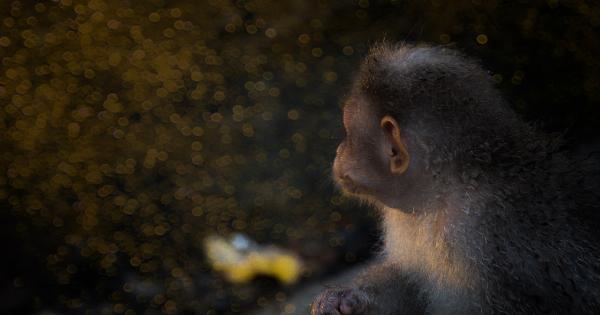Monkeypox is a rare viral disease that can cause a rash, fever, headache, muscle aches, and exhaustion. It was first discovered in monkeys in the 1950s in Africa and was later found in humans in the 1970s.
Monkeypox is similar to smallpox, but it is less severe and has a lower mortality rate. It is spread to humans through direct contact with infected animals, animal products, or human-to-human contact.
Symptoms of Monkeypox
The symptoms of monkeypox are similar to those of smallpox. They include:.
- Fever
- Headache
- Muscle aches
- Backache
- Swollen lymph nodes
- Chills
- Exhaustion
- Rash
The rash starts on the face then spreads to the trunk and limbs. The rash evolves through different stages, and it goes from papules to pustules to scabs. The entire rash process usually lasts 2-4 weeks.
Diagnosis of Monkeypox
The diagnosis of monkeypox can be challenging, as the symptoms are similar to other diseases like smallpox, chickenpox, and measles. Monkeypox can only be definitively diagnosed by laboratory tests, such as a blood test or a skin biopsy.
If monkeypox is suspected, the patient should be isolated to prevent the spread of the virus.
Treatment of Monkeypox
There is no specific treatment for monkeypox. The treatment is supportive, and it includes:.
- Bed rest
- Fever-reducing medications
- Pain relievers
- Hydration
- Care for the skin lesions
In severe cases, hospitalization may be required. Complications of monkeypox can include secondary bacterial infections, pneumonitis, eye infections, and brain inflammation.
Prevention of Monkeypox
Preventing monkeypox involves avoiding contact with infected animals or animal products. If you are in an area known to have monkeypox, avoid contact with rodents, squirrels, or other animals that may carry the virus.
If you must handle these animals, wear gloves, wash your hands thoroughly, and avoid touching your face. If you have been exposed to monkeypox, contact your healthcare provider, who can monitor you for symptoms and provide appropriate care.
Conclusion
Monkeypox is a rare viral disease that can cause a rash, fever, headache, muscle aches, and exhaustion.
The diagnosis of monkeypox can be challenging, as the symptoms are similar to other diseases, and it can only be definitively diagnosed by laboratory tests. There is no specific treatment for monkeypox, and the treatment is supportive. Preventing monkeypox involves avoiding contact with infected animals or animal products. If you suspect you may have monkeypox, seek medical attention right away.


























